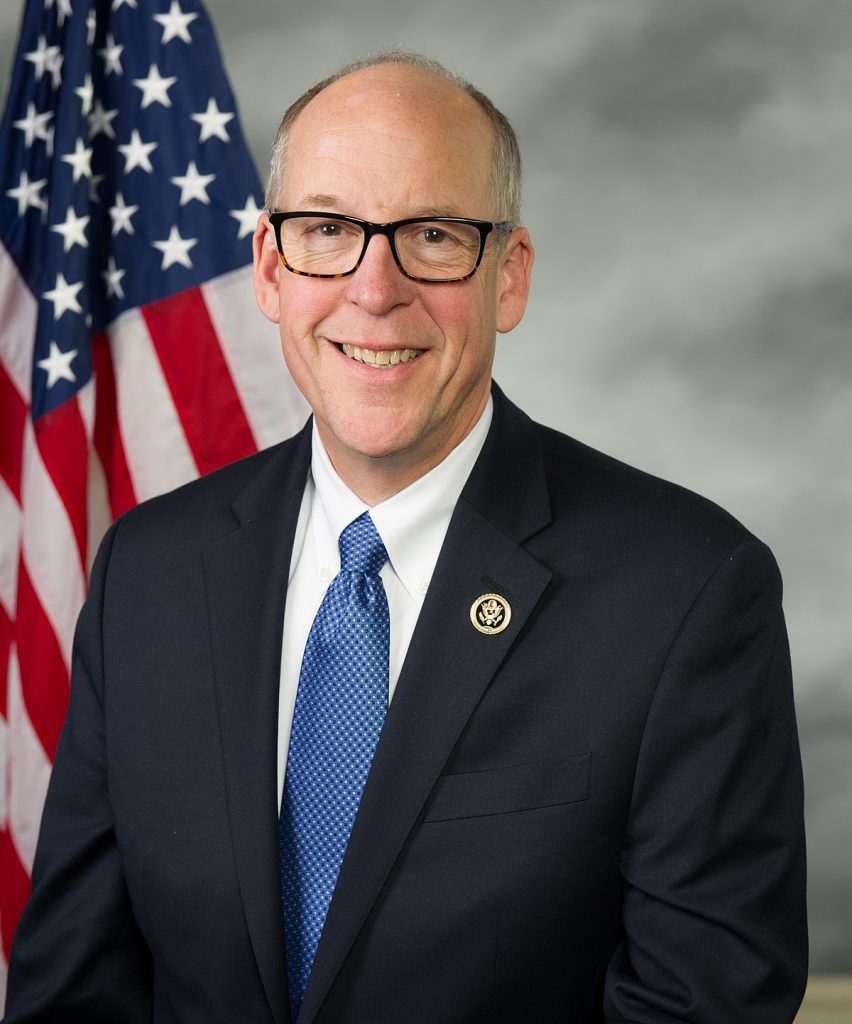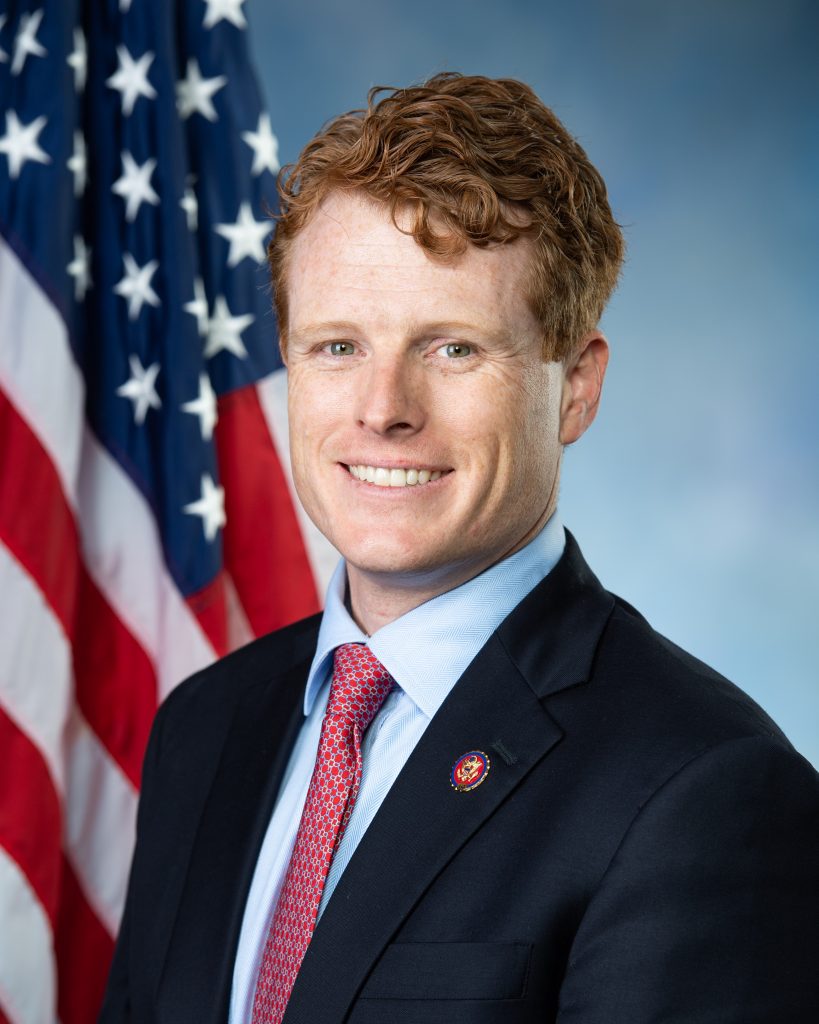The US House Committee on Energy and Commerce has begun to investigate how to research and regulate the rapidly emerging cannabis industry.
Talks of removing the federal ban on cannabis in addition to expanding research on the potential medicinal benefits are being carried out.
The United States has suffered with rigorous cannabis laws on a federal level over the past decade, due to the Controlled Substances Act of 1970, which classifies it as a schedule 1 substance, deemed to be of high abuse potential and having no medical use.
The controversial act was signed into law by Richard Nixon in an attempt to tackle drug use and international drugs smuggling in the United States. The result was drastically increased lengths of prison sentences for drug dealers and users, with many claiming the act had hidden racist and political agendas.
Some states disagree with the present schedule and have gone against the status quo by legalising cannabis for both recreational and medicinal use, with policies varying considerably regarding the use of it. Currently, 33 states and the District of Columbia (DC) allow for the legalised use of medicinal cannabis, as well as the recreational use being legalised in 11 states and the DC.
Despite remaining prohibited under federal law, the Rohrabacher-Farr amendment prevents citizens operating under the current state medical cannabis laws to avoid federal prosecution, protecting medical cannabis patients.
The recent hearing has signalled that a new change is on the horizon, as the health subcommittee and other selected subcommittees joined together last Wednesday in a three hour long discussion on the topic of how to regulate the industry, considering it is now legal among numerous states across the US.
Way ahead
“The states are way ahead of where we are federally,” Representative Greg Walden, a Republican from Oregon stated.

One of the main issues raised during the monumental hearing was that, due to cannabis remaining in the schedule 1 category and being considered as having zero medicinal use because of a lack of research, further necessary research into the medicinal properties is being hindered because of the restrictive classification it is listed under.
Being under the schedule 1 classification means that there are significant barriers in undertaking new research on the substance, particularly from a federally funded standpoint.
Considering the accelerated rate in which new states are becoming more open to legalising cannabis both medically and recreationally, new research from the most educated and professional bodies is crucial.
Officials from the US Food and Drug Administration, the US Drug Enforcement Administration and the National Institutes of Health provided testimonies on why there needs to be more research carried out on cannabis to remedy against the legal grey area.
“The federal government has hidden behind that Catch-22 for a long, long time,” said Representative Joe Kennedy III, a democrat from Massachusetts.

It was also noted that the cannabis that has been supplied for medical testing is “sub-par” material that does not represent the frequently sold cannabis strains in dispensaries.
Medicinal benefits
To resolve the problem of insufficient research being done on the medicinal benefits of cannabis, the Drug Enforcement Administration (DEA) is now attempting to remove barriers to research by crafting additional regulations as well as expanding on the number of licensed cultivators.
In addition to the DEA’s involvement, the Food and Drug Administration (FDA) has also pledged to continue research on determining the safety and efficiency of cannabidiol (CBD), which has experienced a boom in popularity advancing from oils and tinctures to CBD-infused foods, cosmetics and pet food.
Among a number of active cannabis-related bills discussed in the hearing was the MORE Act – one of the most comprehensive cannabis bills put forward to the US congress in which the federal de-scheduling of cannabis is the main aim.
The bill also proposes that federal taxes should be applied to cannabis sales, the criminal records of those previously convicted of cannabis-related crimes should be expunged and more opportunities should to be provided to minorities affected most by the War on Drugs.
Another two bills discussed are directly related to facilitating further scientific and medical research on cannabis, the Medical Cannabis Research Act of 2019 and the Medical Marijuana Research Act of 2019.
Some other examples of substances currently listed under schedule 1 alongside cannabis are: heroin, lysergic acid diethylamide (LSD), peyote, methaqualone and 3,4-methylenedioxymethamphetamine (ecstasy).
Fentanyl, an opioid medication considered to be 100 times more potent than morphine and 50 times more potent than heroin is situated in the Schedule 2 classification, which may appear to be confusing. However, it this simply due to it possessing accepted medicinal benefits.
Contradictory
The main criteria for a substance to be listed under the schedule 1 category is that it has no accepted medical use, which is contradictory for the 33 states that currently use cannabis for a variety of issues such as headaches, glaucoma, multiple sclerosis and some cancers.
Due to the current scheduling system, it is potentially easier to acquire funding for cocaine research than cannabis research.
During the hearing, the question of whether the best option would be rescheduling or possibly de-scheduling cannabis was put forward, in which Dr Nora Volkow, director of the NIH’s National Institute on Drug Abuse shared her viewpoint that “de-scheduling cannabis may indeed accelerate research”. However, she went on to add that it “may have unintended, negative consequences” such as decreased perception of the potential harm and risks.
The fact that the topic of cannabis is appearing more frequently in top level discussions amongst influential establishments and groups is reassuring for US citizens, as well as the industry. Along with the potential medicinal benefits being explored further, it can only result in positive leaps for the medical field and for those in need of new treatments.
While widespread legalisation of cannabis on a federal level remains a distant possibility, the fact that the House Committee is open to researching the drug shows how far the US has come from the archaic War on Drugs decades ago.


